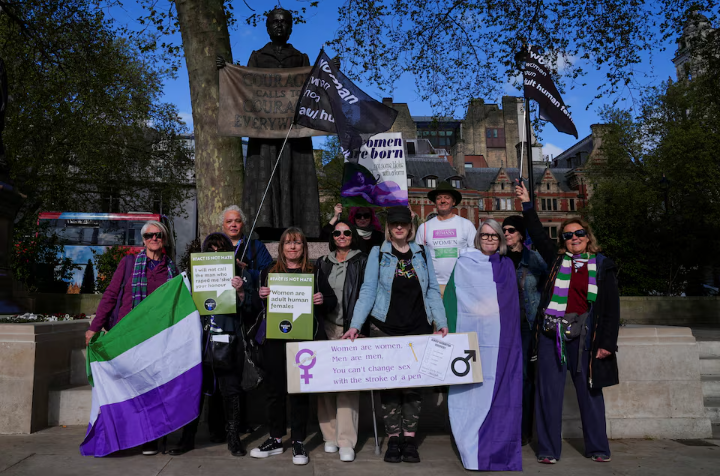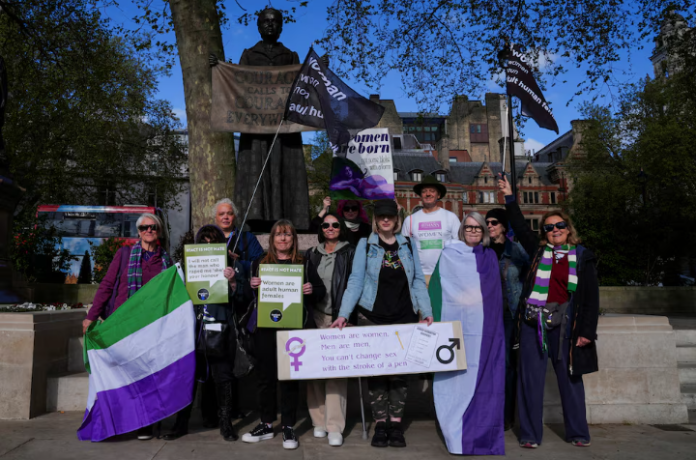The UK Supreme Court has issued a groundbreaking judgment, ruling that the legal definition of “woman” under the country’s Equality Act refers specifically to biological females. This high-profile case, which has attracted attention across Britain and beyond, has stirred both celebration and concern.
At the heart of the legal challenge was a question many have debated for years: Does the term “woman” in equality legislation include transgender women who have a Gender Recognition Certificate (GRC)? According to the Supreme Court’s ruling on April 16, the answer is no.
In a unanimous verdict, Deputy President of the Supreme Court, Lord Patrick Hodge, stated, “The terms ‘woman’ and ‘sex’ in the Equality Act 2010 refer to biological sex.” However, he cautioned the public not to interpret the ruling as a “win” for one group over another, emphasizing that the court’s role is to interpret law, not engage in social or political debate.
The ruling stems from a legal challenge by the campaign group For Women Scotland (FWS). The group opposed guidance from the Scottish government that defined a transgender woman with a GRC as a legal woman for the purpose of increasing female representation on public boards. While FWS lost in Scottish courts, the UK Supreme Court ruled in their favor, overturning the guidance and upholding biological sex as the legal standard.
“This decision affirms what we’ve always known – that sex is real, and it matters,” said Susan Smith, co-director of FWS, outside the courtroom. She noted that the ruling protects the integrity of single-sex spaces like hospital wards, sports teams, and women’s shelters.
The UK government echoed this sentiment, stating that the ruling brings clarity to public services and ensures that single-sex spaces remain protected. “Single-sex spaces are protected in law and will always be protected by this government,” a spokesperson said.
However, transgender rights organizations expressed deep concern. A coalition of LGBT+ groups, including Stonewall, released a statement warning of the ruling’s “harmful implications” and called for a careful review of the legal and practical consequences.

Trans rights advocate Ellie Gomersall called the verdict “another attack on the rights of trans people to live our lives in peace.” While the court acknowledged that trans people remain protected under the Equality Act from discrimination and harassment, critics argue that this decision could open doors to new exclusions and challenges, particularly in employment and access to services.
Legal experts believe the ruling may force the government to revisit and revise existing equality laws. “In the short term, this ruling may deepen divisions,” said Phillip Pepper, an employment lawyer. “But in the long term, it provides much-needed clarity for institutions previously caught between conflicting interpretations.”
As debates over gender identity continue to unfold globally, this judgment marks a significant moment in the legal and cultural landscape of the UK – one that will shape future conversations about rights, recognition, and representation.



